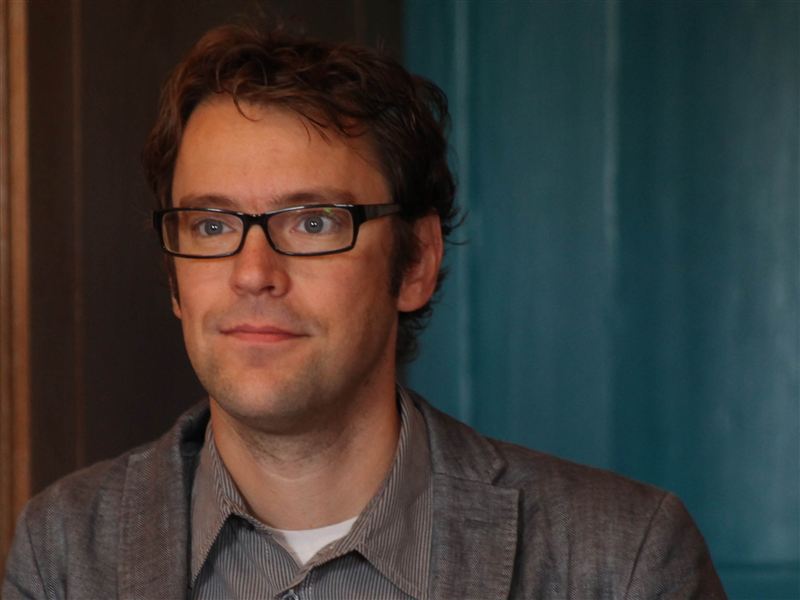Andreas Bergh
Author, economist, social scientist and lecturer
 Andreas Bergh is associate professor in Economics at Lund university and fellow at the Research Institute of Industrial Economics in Stockholm.
Andreas Bergh is associate professor in Economics at Lund university and fellow at the Research Institute of Industrial Economics in Stockholm.
His research concerns the welfare state, institutions, development, globalization, trust and social norms.
He has published in journals such as European Economic Review, World Development, European Sociological Review and Public Choice. He is the author of 'Sweden and the revival of the capitalist welfare state" (Edward Elgar, 2014).
Senaste kommentarer
-
18 dec - hAai
on
Second life, bitcoin och entropia - vad hände? -
18 dec - hAai
on
Second life, bitcoin och entropia - vad hände? -
18 dec - hAai
on
Second life, bitcoin och entropia - vad hände? -
9 aug - Jyoti
on
En teori om optimal smarthet -
26 jun - Jyoti Agarwal Goswami
on
Dagens seminarium om invandrare på arbetsmarknaden -
6 feb - Piyush Mishra
on
En teori om optimal smarthet -
6 feb - Manish
on
Dagens seminarium om invandrare på arbetsmarknaden -
6 feb - Manish
on
Spuriösa samband – ett tredje roligt exempel någon? -
4 okt - Philip Alderson
on
Små förändringar -
18 sep - Dusyant
on
Vad beror den (möjligen) fallande tilliten i Sverige på? -
26 aug - arachni_name
on
Review of Full employment in Europe: Managing labour market transitions and risks – By Günther Schmid -
26 aug - arachni_name
on
Review of Full employment in Europe: Managing labour market transitions and risks – By Günther Schmid
Google Scholar
This list does not yet contain any links.
Ny hem
Copyright © 2005-2018 Andreas Bergh.
 11 jun 2010, kl 13:08
11 jun 2010, kl 13:08
Reader Comments (1)
http://www.cepr.net/index.php/blogs/beat-the-press/david-brooks-and-the-power-of-magical-thinking-at-the-nyt/#comments
''If we want to see the net stimulus from the government sector we also have to factor in the cutbacks from the state and local governments. These came to around $150 billion a year, leaving a net stimulus from the government sector of about $150 billion annually, or a bit more than 1 percent of GDP.
This boost from the government sector must counteract the impact of a falloff in annual construction spending (residential and non-residential) of more than $500 billion a year and a comparably sized reduction in annual consumption. In the real world, we are not surprised that $150 billion in net government stimulus cannot offset a decline of more than $1 trillion in private sector demand, but in the magical thinking of David Brooks this is a big disappointment.''
Mvh
August